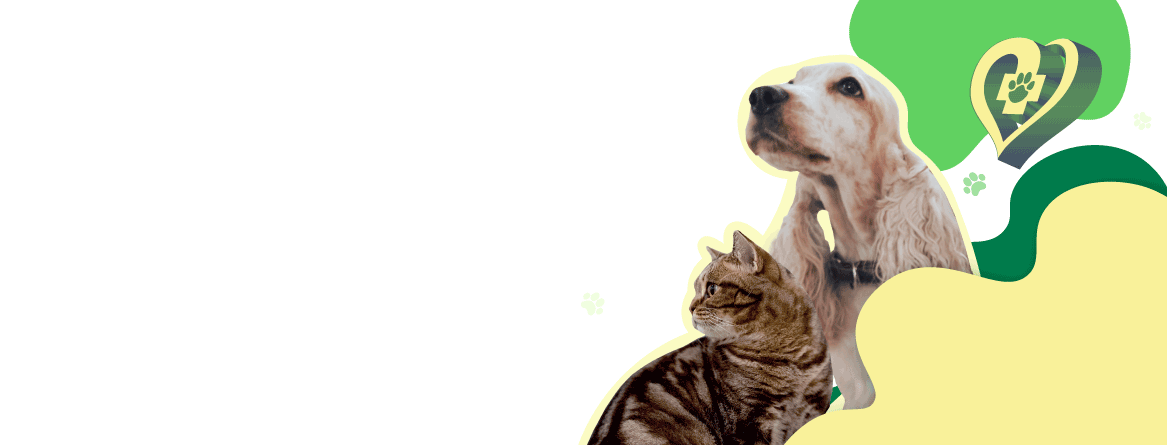Chemotherapy
Опубліковано
30.05.2025
Chemotherapy is the use of anticancer drugs to destroy or inhibit the growth of malignant cells. In veterinary medicine, it is used for lymphoma, mastocytoma, osteosarcoma, hemangiosarcoma, transmissible venereal tumor (TVT), etc.
Side effects (that may occur)
- Gastrointestinal: vomiting, diarrhea, nausea, which may be manifested by refusal to eat (most often in the first few days after administration of the chemotherapy drug).
- Myelosuppression: decrease in leukocytes, platelets, anemia.
- Alopecia is rare.
- Immunosuppression - increased sensitivity to infections.
General rules for chemotherapy:
- Have a blood test done before each chemotherapy treatment.
- Strictly observe the dosage by body weight/area (weigh and calculate the dosage of the chemotherapeutic agent before each administration).
The purpose of chemotherapy in veterinary medicine:
- Not always to cure, often to control and stop the development of the oncological process
- Ensure the quality of life of the animal.
- Minimize toxicity.
Biological hazards of chemotherapy
- Chemotherapy drugs are cytotoxic substances that can be dangerous not only for animals but also for humans (especially children, pregnant women, and people with weakened immune systems).
- Up to 72 hours after taking the drug, metabolites of chemotherapy drugs may be released in the animal's urine, feces, saliva, and vomit.
Safety rules at home
- Clean up urine, feces, or vomit with gloves (disposable or nitrile).
- Use wipes + disinfectant (e.g., chlorine).
- Avoid direct contact with mucous membranes or damaged skin.
Litter box / toilet:
- For cats, it is better to use disposable litter, change them daily.
- For dogs, walk them in a separate area and keep children away from the place of defecation.
Схожі статті

Starvation diet for animals before anesthesia.
Modern recommendations

Feline infectious peritonitis (FIP)
A common intestinal virus is not capable of causing a fatal disease, but under certain circumstances (stress, genetic predisposition of certain breeds) it can mutate and cause systemic vasculitis and death of the animal.

